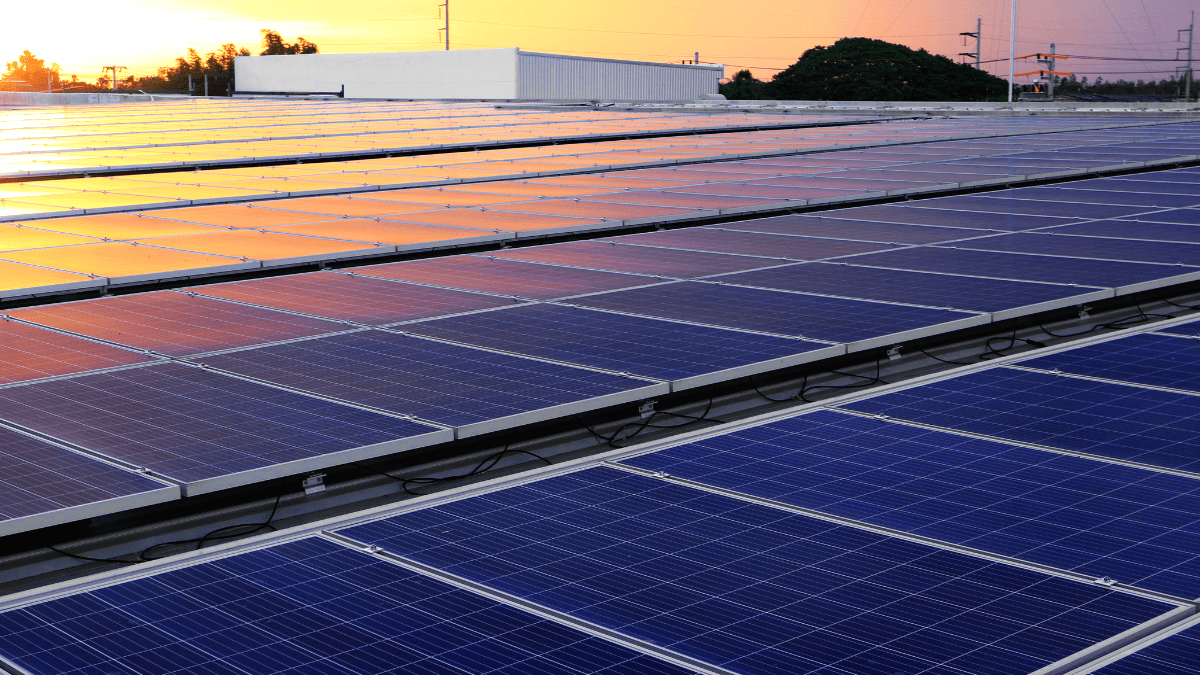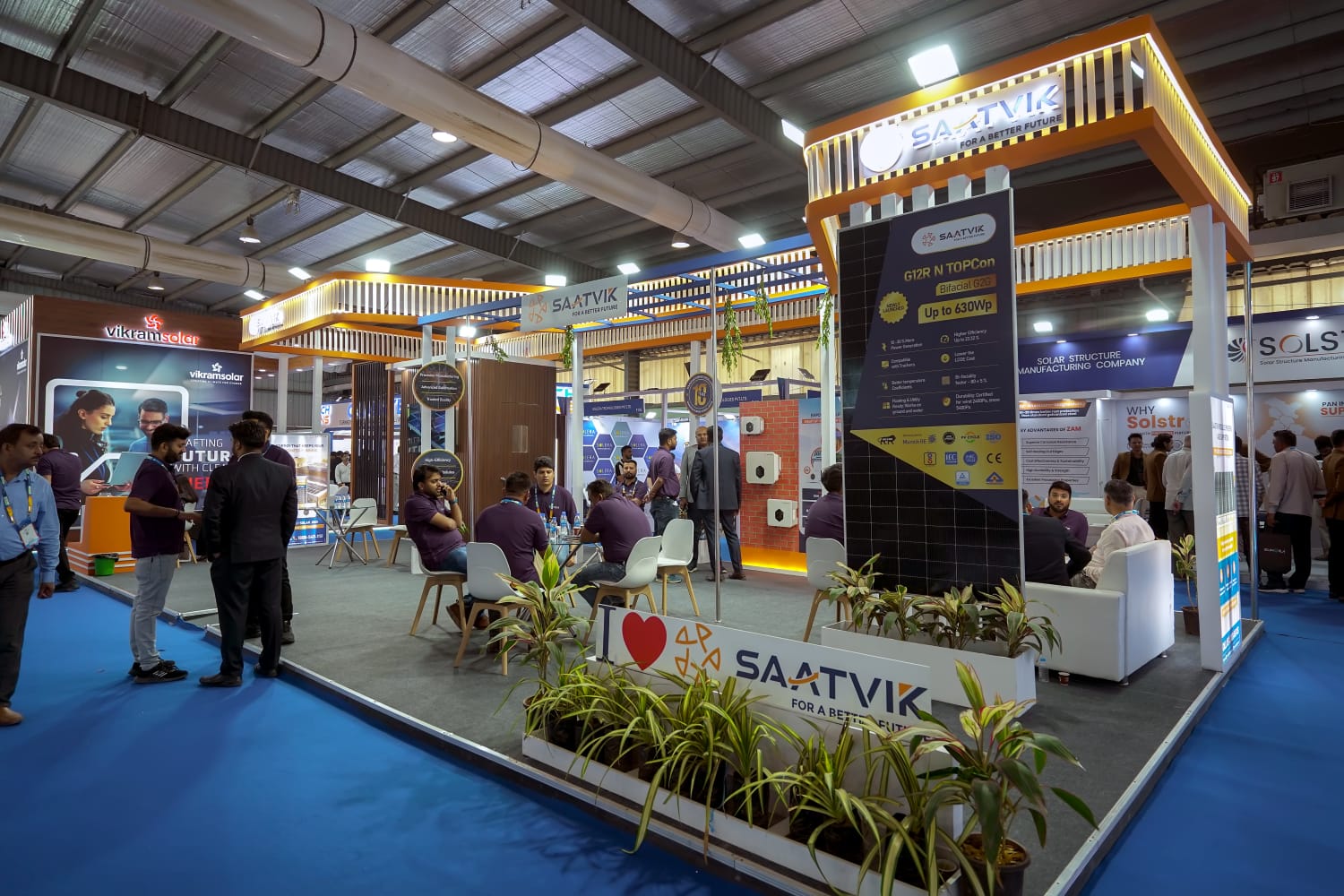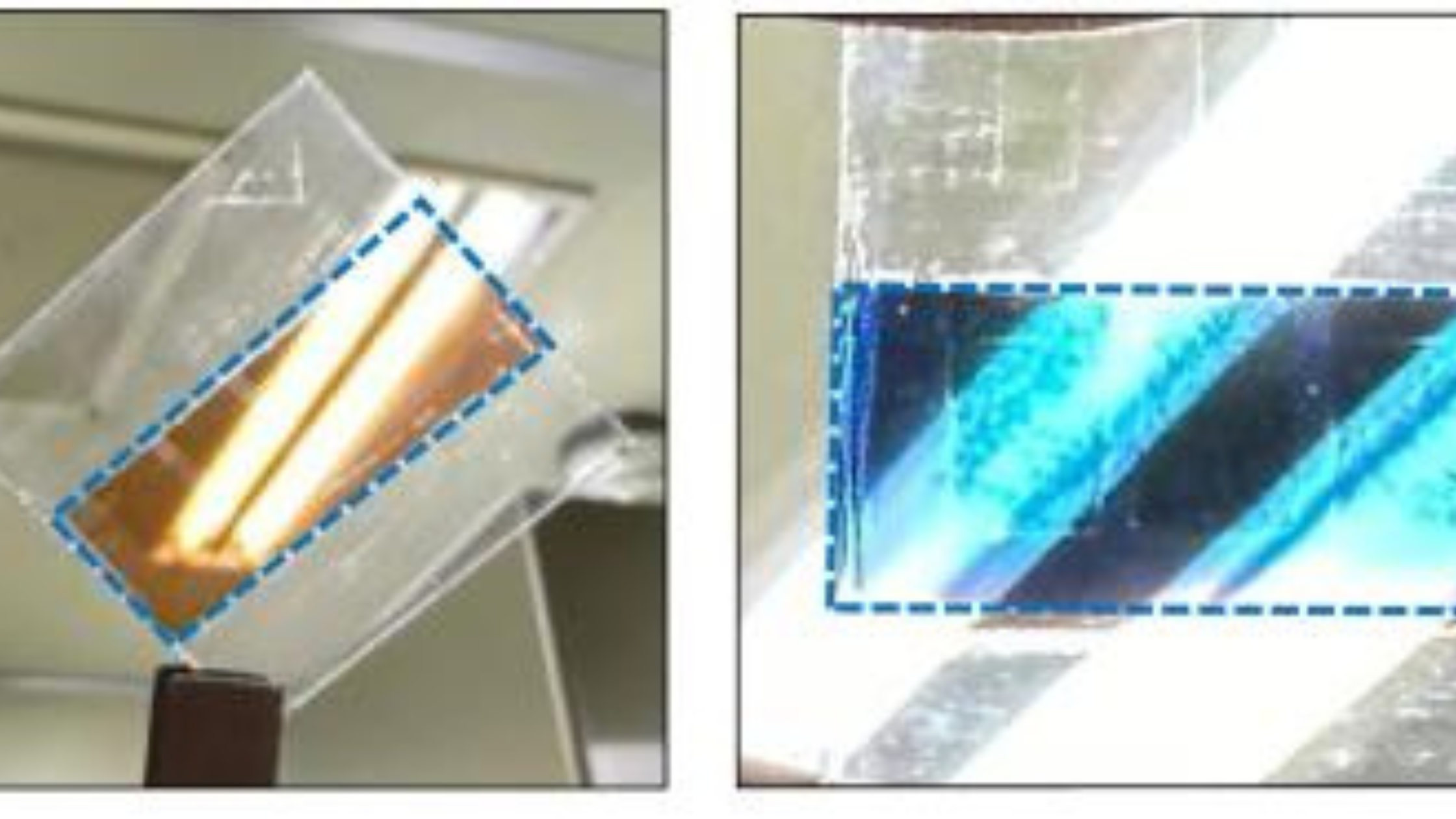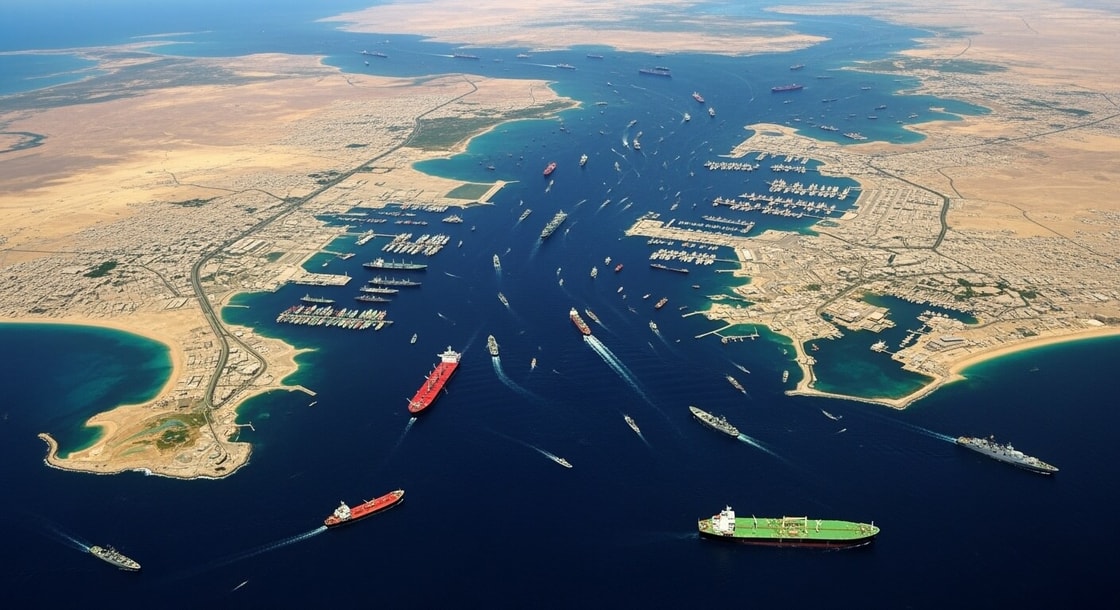
The Western Railway’s Ratlam Division has invited tenders for the supply, installation, testing, and commissioning of a grid-connected solar power plant at multiple locations across the division. The total capacity of the project is 827 kW, with an estimated cost of approximately ₹44.19 crore. The tender is open for bidding until February 27, 2025, and only electronic submissions will be accepted.
The project involves setting up rooftop solar photovoltaic (PV) systems using monocrystalline panels. The scope of work includes providing all necessary accessories such as monitoring systems, inverters, mounting structures, cables, and associated components. The installation also includes net metering and the payment of necessary charges to the power distribution company. The solar systems will come with a five-year warranty.
As part of the project, an automatic water sprinkling facility will be installed at various locations to clean the solar panels efficiently. Other work includes laying PVC trunking systems for wiring, installing perforated cable trays, and supplying HDPE pipes for cable protection. Additionally, earthing arrangements, including GI pipe earthing and GI earthing strips, will be provided to ensure the safety and efficiency of the system.
The tender specifies the eligibility criteria for bidders. Companies must have experience in similar projects, such as the installation and maintenance of solar panels, solar water heaters, or solar lighting systems. Bidders must also have a valid electrical contractor’s license issued by a state or central government authority. The financial criteria require bidders to have a minimum average annual turnover, calculated based on their contractual payments over the last three years.
The bidding process follows a single-stage, single-packet system, meaning all bidders will submit a single offer, and the contract will be awarded to the lowest bidder. Only individual firms can apply, as joint ventures and consortium bids are not allowed. The successful bidder will have 12 months to complete the project.
This initiative aligns with the government’s push toward renewable energy adoption, aiming to enhance sustainability within the railway sector. The project will contribute to reducing the railway’s dependency on conventional energy sources and lower its carbon footprint.











